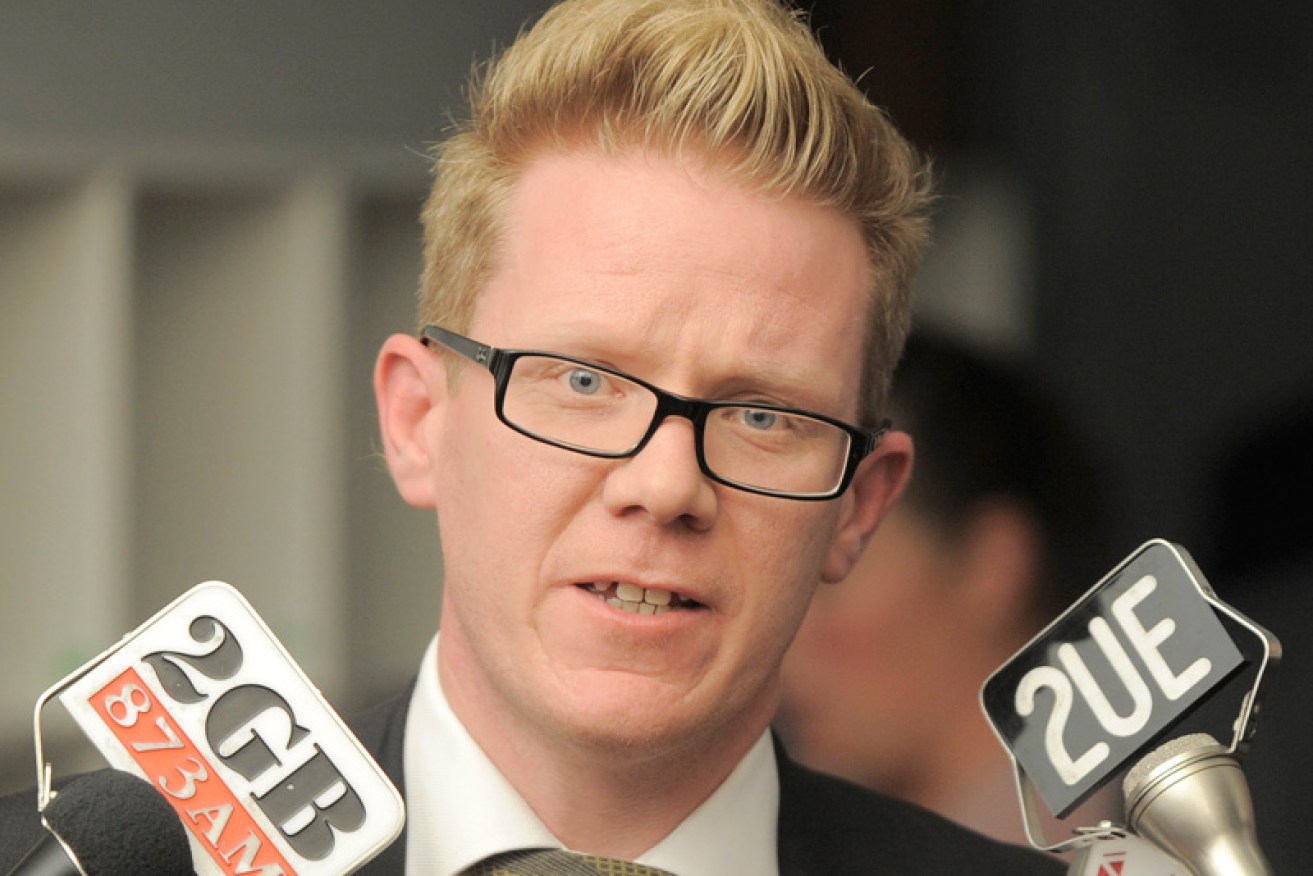Not-for-profit super model proves itself worldwide: ISA


Make funds merge, David Whiteley says. Photo: AAP Photo:AAP
The not-for-profit superannuation model has proved itself the best globally and Australia must make sure it reaps maximum benefits from that system’s advantages.
The very best private superannuation systems in the world are in the Netherlands and Denmark. They employ a mutual model where funds are run on a not-for-profit basis only of the benefit of members with the involvement of employers and unions.
They are also provided as a workplace entitlement offered at the efficient industry or multi-industry level through wholesale rather than retail structures. The long term average net performance of funds in these countries materially exceeds the OECD average.
Australia’s industry funds sector shares these characteristics. They are jointly governed by employers and unions, they operate on a not-for-profit basis, have low-cost workplace distribution and a long term average net performance substantially better than their finance sector competitors, and the OECD average.
Superannuation a clearly a workplace entitlement, with the Superannuation Guarantee based on wages. However, when superannuation is treated just as a financial product by the private sector, the conduct and motivations of the finance sector come to the fore.
Instead of directing all profits to members, bank-owned super funds have a conflict of interest, between providing profits to shareholders and delivering profits to members, with these conflicts supposedly managed by so-called “independent directors” (who are generally drawn from the finance sector).
Industry super funds are deliberately different, and their members have benefited from this. Over the 10 years to 30 November 2016 (the latest published SuperRatings SR50 Balanced Index data), industry super funds have delivered to their members, on average, 2.33 per cent more in net investment returns each year than the major bank-owned super funds with a similar risk profile have delivered to their members.
At the heart of this outperformance has been the decisions by the boards of industry super funds to invest in unlisted infrastructure, property and private equity, and to run the fund in the best interests of members, not a financial institution and its shareholders.
Their investment in infrastructure and other unlisted assets has not just been a driver of better member returns but helped provide alternative sources of patient capital to Australis’s economy, as evidenced by the the recent purchase of Ausgrid by industry funds.
The OECD and overseas Governments have recognised this expertise and capability is world leading.
Industry super funds are deliberately different in their values and culture, as the events of 2016 displayed vividly.
An estimated $280m has been refunded and repaid to customers for alleged misconduct; $27m has been paid in penalties for alleged misconduct; over 2200 bank staff were investigated; and 159 dismissed by the banks.
Industry super funds, by contrast, have campaigned to address unpaid superannuation, championed the banning of commissions and incentives paid to financial advisers, advocated for consumer protections for workers in default funds and lobbied for more equitable taxation arrangements.
Programs through Women in Super and the Australian Institute of Superannuation Trustees are working to address the underrepresentation of women in the movement’s management by looking to develop, mentor and promote more women.
Women within the industry super sector have inspired the funds to take a lead role in campaigning to improve the women’s retirement income through advocating for government policies that recognise the urgent need to fix the gender gap in savings.
Over the past two decades, industry super funds have acted as custodians of the retirement savings of over five million people, and become the best performing, most trusted and scandal free part of the super sector.
However the banks and their political allies reject the industry fund model, seeing it as competition to their profits.
Australia’s needs a world class retirement income system, one that places the interests of members first and carefully integrates fiscal, economic and social policy objectives. As the population ages, the very character of our nation will in part be determined by how we provide for and care for older Australians.
Rather than focus on meddling with the best performing funds that place the interests of members first, perhaps it is time to consider the legitimacy of the scandal-prone banks’ participation in the nation’s retirement income system.
•David Whiteley is CEO of Industry Super Australia. The New Daily is owned by industry super funds








